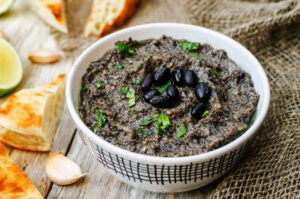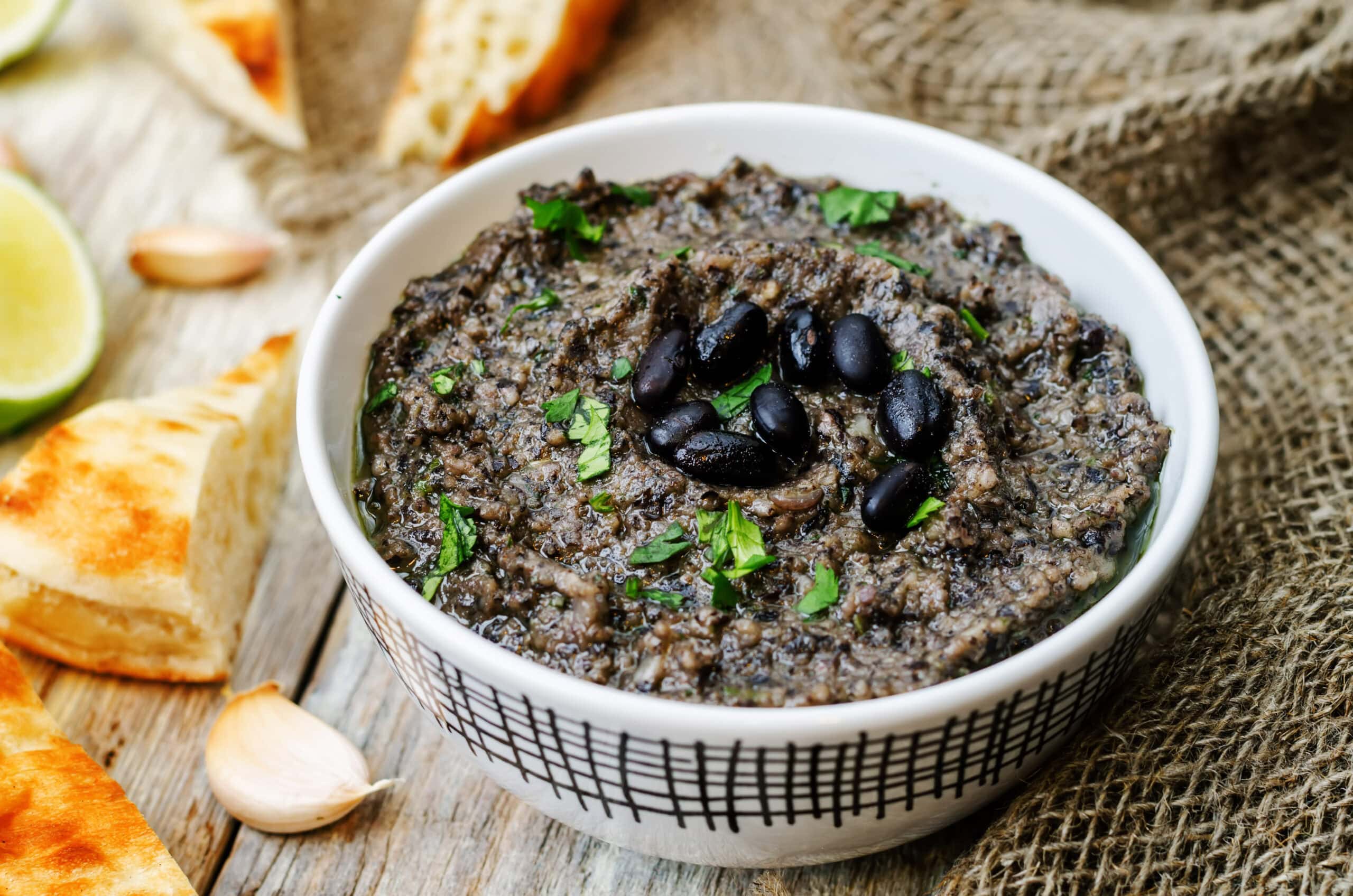In 2023, the Centers for Disease Control (CDC) announced that obesity in the United States affects 100.1 million (41.9%) adults and 14.7 million (19.7%) children and accounts for approximately $147 billion in annual healthcare costs.
Over 200,000 bariatric surgeries are performed each year in the United States to meet the demand for weight loss assistance. Support for patients preparing for or having undergone bariatric surgery is critical to the success of their weight loss goals. A bariatric app can help.
Patients preparing for bariatric surgery can download a bariatric app, of which there are several, to assist them in the preparation required before the procedure. These apps can provide nutrition guidance, exercise and activity tracking, and personalized mental health support. Post-surgery, bariatric apps can aid in the short-term and long-term success of bariatric surgery by providing exercise and calorie tracking and guidance on nutrition and meal planning.
What Does Bariatric Stand for?
Bariatric is a term used “for relating to or specializing in the treatment of obesity”. In a medical setting, you have likely heard this term used in reference to bariatric surgery, in which patients undergo procedures to assist with their weight loss goals.
While the term bariatric is most commonly used in reference to weight loss surgery, it can also refer to items that are designed for individuals with obesity such as a bariatric scale, bariatric mobility aids, or bariatric supplements.
What Weight Limit is Considered Bariatric?
Obesity is a health condition that has reached every corner of the United States and affects a significant number of adults and children alike, impacting their quality and longevity of life.
Levels of obesity are broken down into classes which are determined by body mass index (BMI) level. BMI is calculated by taking a person’s weight and dividing it by their height. There is no specific weight in pounds or kilograms that is considered bariatric. BMIs between 18.5 and 24.9 are considered normal/healthy, and BMIs between 25 and 29.9 are considered overweight.
Class 1 obesity includes BMIs of 30 to 34.9, Class 2 includes 35 to 39.9, and Class 3 includes 40 and above. Patients are classified as bariatric patients, or having obesity, when they have a BMI that is equal to or greater than 30.
Typically, candidates qualify for bariatric surgery if they have a BMI of 35 or higher, or have a BMI between 30 and 35 and an obesity-related condition such as severe sleep apnea or diabetes.
Types of Bariatric Surgery
No matter the type of bariatric surgery that you and your healthcare team decide on, it is important to understand the procedure fully to consider the risks and potential benefits. While each procedure varies considerably, surgeons can do most of these surgeries as minimally invasive procedures, using laparoscopic surgery.
Laparoscopic surgery is considered minimally invasive due to the small incisions made, the small cameras used, and incredibly small tools. Cutting-edge technology such as the da Vinci surgical system is leveraged for these types of minimally invasive surgeries.
Sleeve Gastrectomy
By removing upwards of 85% of the stomach, a sleeve gastrectomy is an effective way of curbing hunger and creating a feeling of fullness to aid in weight loss. The sleeve gastrectomy surgically removes a large amount of the stomach to create a sleeve that holds significantly less food. This surgery is also known as a gastric sleeve or vertical sleeve gastrectomy.
One of the biggest drawbacks to the gastric sleeve operation is the acid reflux that often accompanies weight loss due to the newly shrunken size of the stomach.
Gastric Bypass
Gastric bypass surgery (otherwise known as the Roux-en-Y gastric bypass) has been the gold standard for years as the weight loss surgery of choice. It has been recently overtaken by sleeve gastrectomy due to its simpler operation and fewer side effects.
The gastric bypass requires a surgeon to separate part of the stomach to create a pouch that is attached to the small intestine. As food enters the stomach, the small pouch restricts the amount of food able to enter and be absorbed leading to fewer calories and nutrients absorbed. Additional supplementation is required to ensure that adequate nutrient absorption is achieved.
Adjustable Gastric Banding aka Lap Banding
Lap banding is a restrictive procedure that uses an adjustable band placed by a surgeon around the top of the stomach. Using a small port, a small tube allows fluid to be injected into the port causing restriction of the stomach and decreasing the amount of food that can be consumed. This procedure is significantly less common than other bariatric procedures, and in 2019 it accounted for less than 1% of all bariatric procedures performed in the US.
Biliopancreatic Diversion with Duodenal Switch (BPD-DS)
The Biliopancreatic Diversion with Duodenal Switch is much less common than the other bariatric surgeries mentioned above. A surgeon removes part of the stomach to create a gastric sleeve and then attaches the sleeve to the lower small intestine. This sleeve, much like gastric sleeve procedures, holds less food and therefore cannot absorb as many calories as it previously could, resulting in weight loss.
Bariatric Apps After Weight Loss Surgery
Using bariatric apps after weight loss surgery can aid in the short- and long-term success of the procedure. Here are four bariatric apps and their features:
Baritastic
Baritastic is specifically designed for all aspects of obesity treatment. Baritastic is a leading bariatric app available for iPhone and Android that prepares and guides patients along the different stages of their weight loss surgery. It is a robust app that aids in positive patient outcomes through reminders and checklists for water intake, exercise, medication, and tracks biometric levels.
Users can access bariatric-friendly recipes, track their BMI, connect to their bariatric program’s requirements, count down to surgery, and so much more on this simple-to-use platform. The HIPAA-compliant dashboard ensures that your information is safe. The app is free to download.
MyFitnessPal
For people who have undergone or are preparing for bariatric surgery, MyFitnessPal is a helpful app that tracks calorie intake through manual input. Users can scan the barcodes of thousands of different food items making tracking as simple as snapping a picture on a smartphone.
An intuitive user interface allows even the most tech-challenged users to navigate through the app with ease. Users can set weight loss goals, review nutrition guidance, learn how to meal plan and create better relationships with food, all on the free app which is available on the Apple Store and Google Play. A premium plan subscription is required for advanced features.
Headspace
Headspace is a mental health and wellness app that can assist bariatric patients before and after their weight loss surgery. Founded on pillars of mental wellness, Headspace encourages and guides users to meditate more, sleep better, stress less, move more, focus, and wake up on the right foot.
Self-care is important during recovery after a bariatric weight loss surgery, and Headspace seamlessly fills that space with its educational and supportive modules. Headspace offers a free trial period, followed by a monthly or annual subscription. The annual subscription is offered at $69.99 per year, and the monthly subscription is offered at $12.99 per month.
Fooducate
Fooducate assists patients of bariatric surgery by improving their health by creating good habits and eating more mindfully. The app encourages users to make good food choices and “get food smart” using a grading system to reveal the quality of the calories consumed. Users can add meals and snacks to the calorie tracker, as well as water intake and exercise to achieve different milestones.
Many different popular diets are available for reference – users can choose from options like low-carb and keto, among many others – to help them reach their weight loss goals after bariatric surgery. Fooducate is free to download from the Apple Store and Google Play. The premium version of the app (as low as $2.95/month) unlocks advanced features such as a barcode scanner for ingredients, custom health settings, nutrition insights, and more.
Pros and Cons of Bariatric Apps
Using a bariatric app to support weight loss goals can be beneficial, however, it is important to consider some of the potential drawbacks before tapping the download button. Here are a few of the pros and cons to consider:
Pros
- Stay motivated: Bariatric apps can help patients stay motivated and work toward their weight loss and wellness goals with reminders and push notifications to complete an action like tracking food and water intake, and logging exercise.
- Simplifies nutrition: One of the biggest struggles is understanding the foods that can be consumed after having bariatric surgery. Bariatric apps can help demystify this and provide helpful nutrition guidance through recipes and meal-planning suggestions.
- Inexpensive: Bariatric apps are oftentimes free or very inexpensive.
- Track calories and exercise: Tracking calories and exercise is a critical part of post-surgery success. Bariatric apps can make tracking nearly effortless increasing the likelihood of success.
Cons
- Premium versions can be expensive: Some apps only offer limited features in their free apps which may not meet the needs of someone who has undergone bariatric surgery. The cost for premium features can add up and may make the app inaccessible to many users.
- Incorrect nutritional values: Some apps may not provide up-to-date information regarding calories and macronutrient breakdowns for the foods users enjoy. This inaccuracy can derail weight loss progress after bariatric surgery.
- Root cause: Bariatric apps can fail to get to the root cause of behaviors that led to obesity in the first place. If the sole focus is on calorie counting, patients may feel restricted and revert to their previous dietary habits putting their weight loss achievements at risk.
Alternatives to Bariatric Surgery
Choosing to undergo bariatric surgery is a big decision and may not be suitable for everyone. Several alternatives to bariatric surgery may be worth considering, especially if this is the beginning of your research.
Weight loss medications are available through prescription and supervision by your doctor, which may aid in achieving weight loss goals. Preoperative weight loss efforts that fit your lifestyle can include exercise programs designed for bariatric patients to increase mobility and muscle mass.
Most people underestimate the pervasive impacts of living with obesity, or just how hard it is to change when you are keeping score under pressure. At Fresh Tri, we believe the best, most lasting outcomes happen when you take pressure away, removing a do-or-die mentality and creating space for you to explore what feels good and works for you. You need to change your mindset. You are not a failure because you have failed. In fact, you are not a failure at all. You can find new habits that work for you, and the Fresh Tri app was designed to assist you in that journey.
No matter what you choose to do, it is critical to uncover the root causes of unhealthy eating habits that led to obesity in the first place. Behavior modification can be a powerful tool in breaking the addictive connection between food and pleasure. Eating more mindfully and using a tool like Fresh Tri can tremendously impact your weight loss efforts.
Fresh Tri for Bariatric Surgery Patients
Casey Hughes, MA, MCHES, NBC_HWC, and SVP of Behavioral Science & Product at Fresh Tri had this to say about Fresh Tri for bariatric surgery patients: “Building and maintaining healthy habits is one of the most important keys to success for anyone undergoing bariatric surgery. The process requires changes to one’s eating patterns—from the types of foods, you eat to when and how much—especially after surgery. Fresh Tri can be a great sidekick for patients on this journey, as its “special sauce” is helping people turn new behaviors into automatic habits through the Iterative Mindset Method™.”
To check out Fresh Tri for yourself, head to Google Play or the App Store today!













